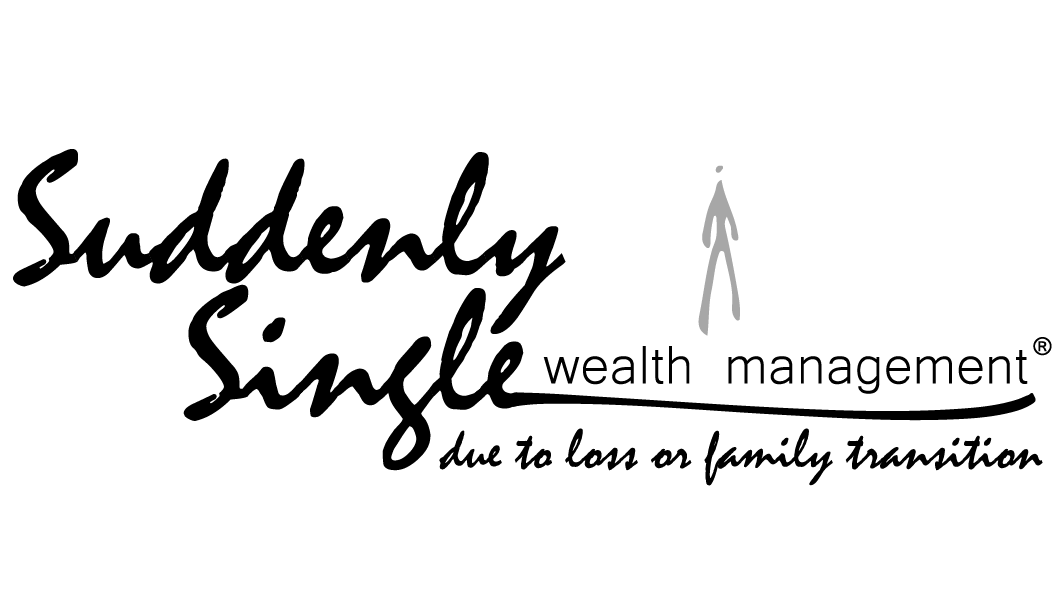The odds of a recession have increased in the United States. The interest rate correction from ultra-low borrowing costs and the decline in stock prices as of late flash that the risk of falling into a recession is rising. However, the good news is the market's census view on this subject is highly split. Therefore, falling in love with only one narrative bias in this complicated market may have consequential effects.
The worst of today's economic situation is inflation. The economy has entered a period of high costs due to a challenged supply-side picture. Whether manufacturing-based or due to lack of qualified labor, the economy has experienced a supply-chain crunch. As a result, producers and workers have increased the cost of acquiring their products or services. Furthermore, food and energy prices significantly weigh the typical American's budget down. These modern-day frictions will eventually recede into the background as people move beyond the structural problems of today.
In contrast to the present moods experienced by investors, the economy's manufacturing and services sectors are still in an expansion. Furthermore, new orders have risen and price increases have eased due to lower freight and transportation costs. The manager surveys that come out in later periods may start to tell another story but, as the economy stands now, industry and profits continue to advance.
Recent market volatility also opens up new opportunities that weren't available twelve months ago. For example, investors can stash money away in government bonds that expect to yield above the future's inflation rate. That net positive has been out of existence as the economy's real yields have traded negative for quite some time. Investors that look at the historical quoted yields on the inflation-protected debt issued by the government will find a history of interest rate negative debt. Additionally, stock market returns probably award more investor premium today since the market has trended down for several months.
A positive yield adjusted for inflation is a new and positive sign that may signal an economy that can regain a productive capacity rate. As new debt issued by the government has entered the market, investors have adjusted the debt's prices and yields methodically to earn a fair share of the economy's productive growth. Therefore, a positive real interest rate can help draw in investor capital and restore balance to a bruised asset.
Domestic inflation has probably been more problematic for smaller businesses than the large blue-chip companies that operate in the global economy. That is because it's likely harder for small companies to renegotiate contracts in an inflationary period than large companies with bargaining power. The sign that inflation would act as a disruptive force against small corporate profits probably showed up back in November when small-cap stocks first entered the market's correction. Since small-caps have been in a period of more extended declines, another new and open opportunity is baskets of small-caps that offer higher relative value than large-caps priced on future earnings and growth.
The stock market's recent decline can offer investors new, attractive investment opportunities. However, the short-run outlook for stock prices is unfortunately still volatile and uncertain for a few reasons. First, the corporate earnings picture is potentially unsustainable and may receive downgrades in the future. Today's equity prices are likely reacting to higher probabilities of downgrades as market prices act as leading indicators, meaning that asset prices adjust to the news ahead of time. Furthermore, the stock market's sentiment can change when in a recession because forecasts improve, and investors start to expect another expansion to occur. Lastly, newly innovative enterprises will likely arise as businesses address an aging infrastructure that gets much of the blame for the present supply-side disruption. The payback and payback period of those future investments won't be apparent at first. However, today's innovators possess the knowledge and power to change and create a more productive tomorrow. The success of the future will drive the profits and asset returns of the next cycle. Even though market risks will always loom, the policy response of today is helping to normalize and sustain a viable economic system, which can reward investment for future capital consumption.

